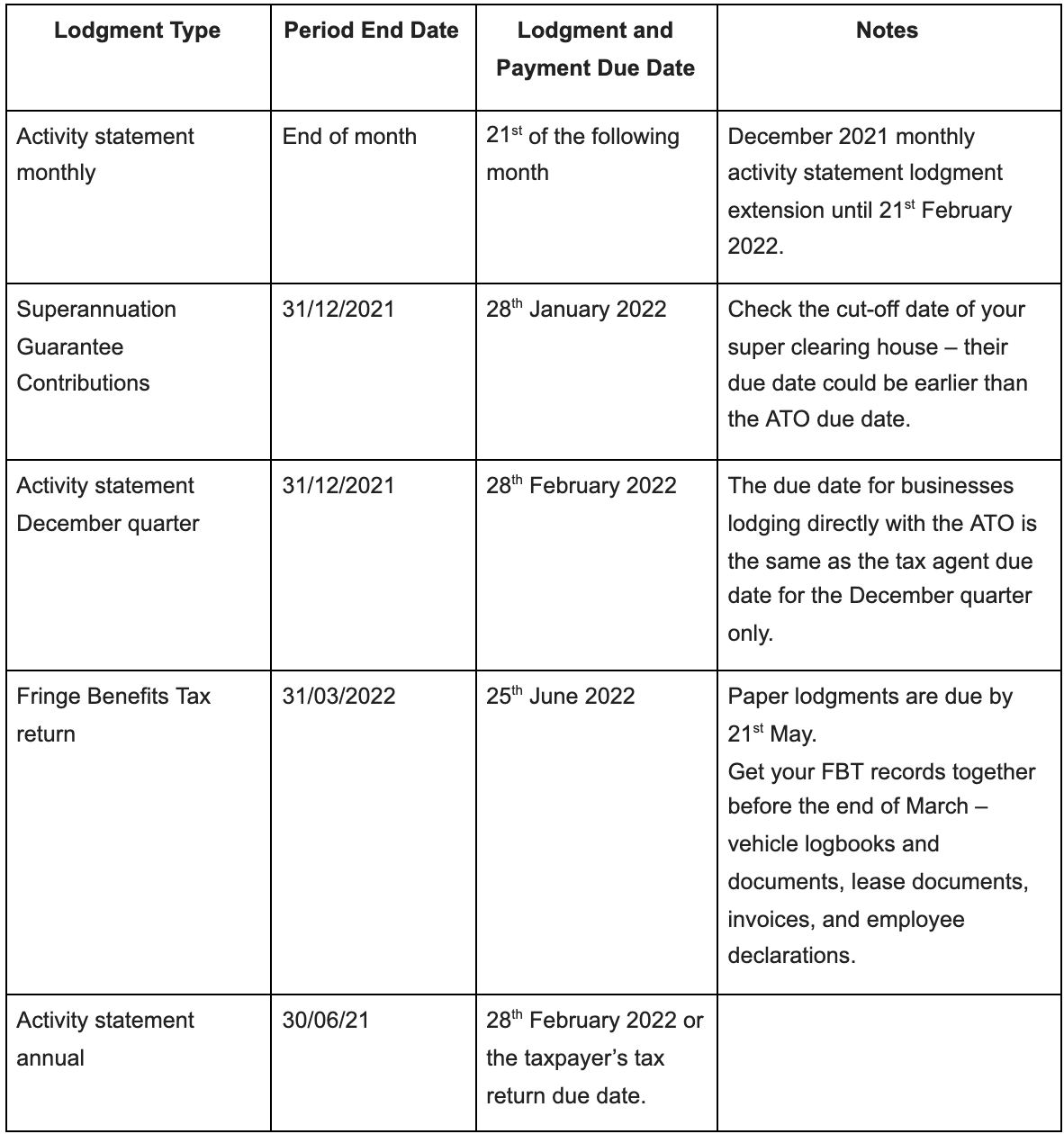Could a 4-day week be a good fit for your team?
The pandemic has acted as an impetus for reflection, with many workers and business people reassessing the hours they work and the priority that work has in their lives.
A survey from Slack showed that 72% of respondents would prefer a hybrid approach to work – i.e. a mix of remote and office work. But there’s also a growing belief that we should be working fewer hours too and aiming for a ‘4-day week’. This would mean less time in the workplace and more time with our friends and families, with a greater level of underlying happiness as a result.
But do your people want to work fewer hours? Is the company ready to cope with a reduced staff on hand to get the job done? And what is the overall impact of working a shorter week?
The advantages of a 4-day week
The suggestion of a 4-day week is something that's been around for a while, but increasingly there's a ground-swell of support for the idea of working shorter hours and achieving a better work/life balance as a result.
In Iceland, 2,500 workers (1% of the total Icelandic population) took part in a trial of the 4-day week between 2015-2019. Most workers moved from a 40-hour week to a 35 or 36-hour week, giving them one extra day to focus on things outside of the workplace. The trail was a big success and has resulted in 86% of Iceland’s workforce now working reduced hours.
As a business owner, you’re no doubt already thinking ‘But how can my business still function if my employees are working less hours and are being less productive?’. But the interesting outcome was that productivity wasn’t negatively affected by this move to reduced hours.
So, could a 4-day week actually be a good fit for your team?
Your employees are just as productive
A 4-day week was trialled by New Zealand company Perpetual Guardian and the results were surprising. After spending two months testing a 20% shorter week, they found that their employees were ‘happier, more focused, and producing the same amount of work’. The Icelandic trial found the same result, that workers were equally as productive, with no drops in output, when working for only 4 days in the week.
Your team still earns the same money
One potential worry for your employees is a drop in pay if they are working less hours. But under a 4-day work scheme, you continue to pay your team the same wages or salaries. So, although your employees are working less hours, there’s no drop in their income and no resulting money worries.
Your team is happier and more engaged
Results of 4-day week trials globally have shown that employees on reduced hours are happier, more engaged and more energised for their work. So, rather than pushing your team to work a 40+ hour week and risking fatigue, burnout and disengagement, you ease off on the throttle. This give your employees a less pressurised work environment and a better level of happiness. And, as we know, a happy workforce is also a productive workforce.
A more sustainable business model
With your people spending less time in the office, factory or workspace, your business will be using fewer resources – and having less of an impact on the planet. Your utility bills will reduce, you’ll need fewer office supplies and your people won’t be commuting as frequently – all of which is great for your carbon footprint and the overall sustainability of your business.
Talk to us about the financial impact of a 4-day week.
Adopting a 4-day week does have a range of different benefits for your employees. And creating a happy, productive and engaged workforce is always a good thing to achieve.
If you’re concerned about the financial impact of a 4-day week, come and talk to us. We can look at your sales and revenue figures, alongside your staff utilisation numbers, to show you how your margins can remain the same (or even higher) by adopting a reduced working week.










